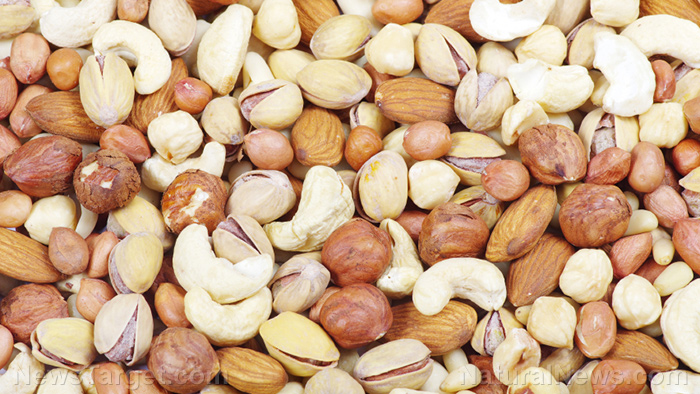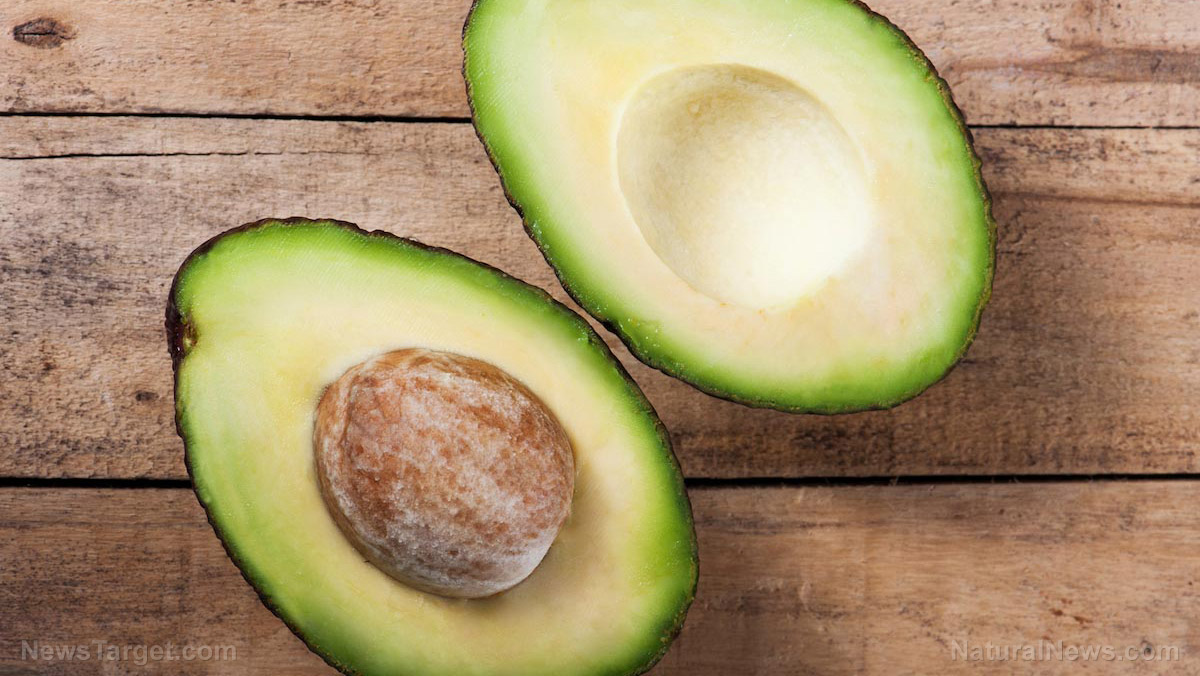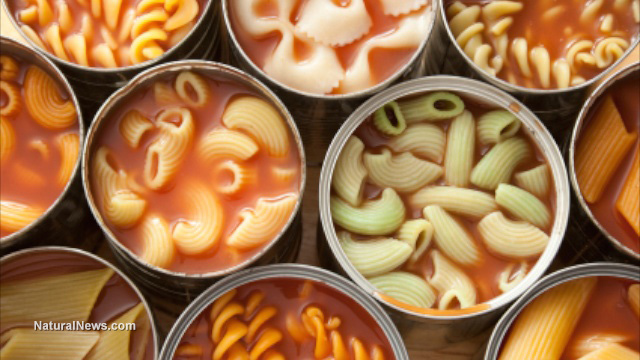Most packaged food in American grocery stores is ultra-processed, study shows
08/03/2019 / By Isabelle Z.

It’s not hard to understand why obesity and related problems like diabetes continue to climb in America when you take a look at the food we’re being sold. Any American who has ever stepped foot in a supermarket abroad can tell you there’s quite a big difference in what is being sold, with one of the most noticeable things being the suspiciously long shelf life of American processed foods. Now, a new study confirms that an overwhelming percentage of the packaged foods sold in the U.S. are ultra-processed.
Researchers from Northwestern University revealed that 71 percent of the packaged foods sold in American grocery stores are ultra-processed, which means that they are “industrial formulations” that are mostly or completely made up of substances that are extracted from foods such as fats, starch, sugar, proteins and oils. Many of these lab-created concoctions come from modified starch and hydrogenated fats.
Moreover, 86 percent of the packaged foods that are sold by the country’s top 25 manufacturers fall under the ultra-processed category. The researchers came to this conclusion after analyzing more than 200,000 packaged foods sold in America including snacks, sugary drinks, sweets, salad dressings and bread.
In fact, they found bread products to be particularly unhealthy, with those in the bread and bakery category ranking high in areas such as total sugars, saturated fat, sodium and calories.
The researchers say that their study accurately represents the American packaged food market as the database analyzed represents more than four fifths of the food and drink products that were sold in the country during the last three years. However, it’s important to note that around 20 percent of all packaged foods are replaced or modified every year.
The researchers say that finding better ways to study information about the constantly-changing food supply in real time is sorely needed if we have any hope of improving the healthfulness of the food sold in stores.
The study’s lead author, Abigail Baldridge, said in a press release: “To say that our food supply is highly processed won’t shock anyone, but it’s important that we hold food and beverage manufacturers accountable by continually documenting how they’re doing in terms of providing healthy foods for consumers. And the verdict is they can and should be doing a whole lot better.”
The researchers’ goal with the study, which was published in the journal Nutrients, was to offer useful information to consumers, policymakers and other researchers in hopes of encouraging food manufacturers to replace or reformulate unhealthy food products and show the government where action might be needed to make improvements.
They pointed out that national initiatives can make a difference, like the sodium reduction strategies in the U.K. that have seen the sodium levels in packaged foods there drop dramatically.
Garbage in, garbage out
Around 80 percent of Americans’ overall calorie consumption comes from store-bought food and drinks, which means the industry plays a big role in the development of chronic illnesses like cardiovascular disease and diabetes.
As long as these unhealthy “foods” continue to be sold in stores, these health problems are unlikely to lessen. Many people are simply unaware of the health issues this type of diet can cause, and the problem is compounded by the fact that many of these products are a lot cheaper than real, whole foods, especially organic varieties.
You simply can’t expect your body to respond positively when you fill it up with lab-created, synthetic foods. Sticking to what nature has provided us can go incredibly far when it comes to getting the nourishment your body needs without filling it up with disease-causing chemicals.
Sources for this article include:
Tagged Under: disease causes, food supply, grocery stores, nutrients, obesity, packaged foods, research, toxic ingredients
RECENT NEWS & ARTICLES
COPYRIGHT © 2017 FOOD SCIENCE NEWS



















